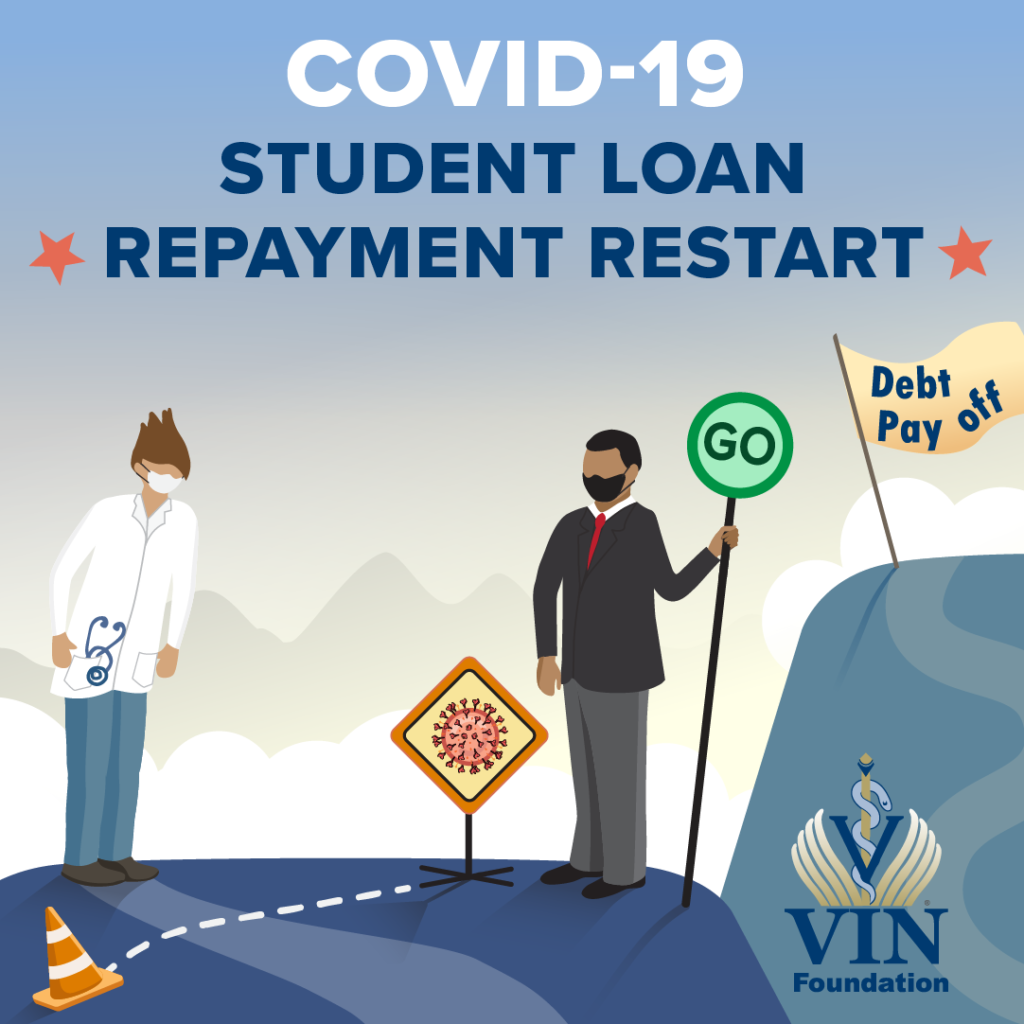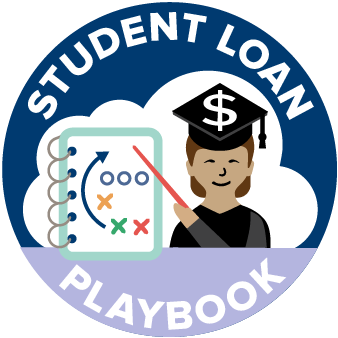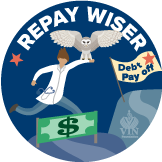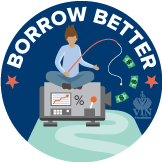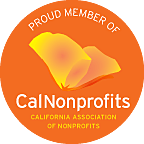COVID-19 Student Loan Repayment Relief Ending: Strategies for Re-entering Repayment
Since March 13, 2020, borrowers with federally held student loans have received student loan repayment relief. Interest rates have been set to zero percent, payments have been suspended, and for those using income-driven repayment or working towards Public Service Loan Forgiveness, the suspension time has counted towards qualifying forgiveness payments.
The current relief is now set to expire on January 31, 2020. Many receiving student loan repayment relief have been notified by the Department of Education and/or their loan servicers that repayment will be restarting in 2021. Who knows — with the change in administrations, we may even see student loan relief extended beyond February 2021. The entire student loan collection system was never intended to be turned off and on all at once, like a switch, so what can we expect this February 2021?
Chose your situation below to learn what we know now about re-entering student loan repayment:
I AM A
NEW VETERINARY GRADUATE
If you attended or reviewed the New Veterinary Graduate Student Loan Repayment Playbook or received advice elsewhere to consolidate your loans and have already entered repayment, you are ahead of the curve and well on your way.
If not, don’t worry. As your veterinary school loan grace period is over or nearing the end (6 months after graduation), you will soon enter repayment.
After your grace period ends, if you do nothing, your unpaid interest will capitalize and you will be placed in the default repayment plan for U.S. federal student loans — the standard 10-year plan. You still will not have a payment due, however, until February 2021 at least.
Unless your student debt to income ratio is less than one and you are confident it will stay there, choose an income-driven repayment plan (PAYE, REPAYE, IBR) rather than accept the default standard 10-year repayment plan to greatly reduce your monthly payment.
Apply now, before the end of the year via studentaid.gov.
If your grace period is already over or nearing an end and you do not have any non-Direct loan types to qualify for an income-driven repayment plan or Public Service Loan Forgiveness (PSLF), apply for an income-driven repayment plan without consolidating.
If you have more than two months of your grace period remaining, start a federal Direct Consolidation Loan to end your grace period and enter your income-driven repayment plan.
An income-driven repayment plan requires income documentation. If you filed a tax return for 2019, you can use your Adjusted Gross Income (AGI) from your tax return as your income documentation for your income-driven repayment application. If you do not have a tax return on file, use a recent pay stub for your income documentation.
VETERINARIAN IN IDR PRE-COVID
No interest has accrued on federally held student loans since March 13. No payments have been due, and you’re set to receive credit towards forgiveness for the nearly 9 months of suspension thus far plus the additional time through at least January 31, 2021. If you were due to renew your income-documentation during the suspension period and you provided updated information, your loan servicer should use that information to update your payment schedule when your payments resume after January 31st, 2021.
We did have some early indications from the loan servicers that you may not have to provide updated income information until your next renewal date. Your payment from before the suspension would resume after the suspension period ends (now February 2021 unless there is a further extension). For instance, one loan servicer, Great Lakes, says the following about renewal documentation:
IDR recertifications are now due on or after March 31, 2021. Income-driven repayment (IDR) annual recertification due dates occurring between March 13, 2020, and March 31, 2021, are all now due no sooner than March 31, 2021. We will send a notification of your new recertification due date before it is time to recertify. If you are on an IDR plan and your income has changed significantly, you can apply now for a new monthly payment amount that would start after the administrative forbearance ends on December 31, 2020. January 31, 2021.
- Example 1: If your IDR recertification was due on May 15, 2020, the new recertification date is May 15, 2021.
- Example 2: If your next IDR recertification was originally scheduled to occur on February 15, 2021, it is now scheduled for February 15, 2022.
If you were due to renew during the suspension, your renewal has been pushed out by one year.
However, if your income has decreased since you last renewed, submit documentation now so your payment will reflect your lower income when the pandemic relief period ends and repayment resumes.
As always, watch your loan servicer(s) closely for additional updates and make sure when your student loan repayment is resumed, everything looks correct. Using an income-driven repayment plan, verify the following:
- Your loan servicer has your correct contact information, including an active bank account with funds to cover at least your minimum payment when payments resume
- Your autopay is turned back on and you are receiving a 0.25% interest rate discount
- You have received an updated payment schedule for 2021, and the payment due is what you expected and reasonable based on your income, family size, and repayment plan.
- Your loans are not in a “paid ahead” status
- Any payment due is made by the required due date
- Any unpaid interest from prior to the suspension is not capitalized as your re-enter repayment
- Your repayment plan is the same as it was before the suspension period
- You have received credit for the suspension period towards the time required to reach student loan forgiveness
VETERINARIAN IN IDR PRE-COVID WORKING TOWARD PSLF
Public Service Loan Forgiveness (PSLF) is a student loan benefit available to anyone with federal Direct student loan types who are using an income-driven repayment plan and working as a full-time employee for a qualifying employer.
During the pandemic student loan repayment relief, student loan payments were automatically suspended and interest rates set to zero. The suspension time counts towards the 120 on-time monthly payments required to be eligible for PSLF if you were:
- Working for a qualifying employer during the pandemic and meeting the full-time employment requirements, AND
- Using an income-driven repayment plan before the start of the suspension period
To document and safeguard your PSLF progress, you should be regularly submitting a PSLF Employment Certification Form. While not required, your submission is an effective way to document and receive feedback on your PSLF progress.
Here are several tip-offs that you need to re-evaluate your PSLF strategy:
- You are hoping for tax-free forgiveness and have never submitted a PSLF Employment Certification Form.
- Your loan servicer is not FedLoan Servicing (PHEAA)
- Your student aid data file does not show any PSLF qualifying payments
- You have not been using an income-driven repayment plan (PAYE, REPAYE, IBR, ICR)
- You have non-Direct student loan types
Review the VIN Foundation Student Debt Center WikiDebt checklist for the most direct path to Public Service Loan Forgiveness (PSLF) for Veterinarians
As always, watch your loan servicers closely for additional updates on resuming repayment and make sure that when your student loan repayment is resumed, everything resumes as expected.
You want to be particularly vigilant of the following:
- Your loan servicer has your correct contact information, including an active bank account with sufficient funds to cover at least your minimum payment when payments resume
- Your autopay is turned back on and you are receiving a 0.25% interest rate discount
- You have received an updated payment schedule for 2021 and the payment due is what you expected and reasonable based on your income, family size, and repayment plan.
- Your loans are not in any kind of “paid ahead” status
- Any payment due is made by the required due date
- Any unpaid interest that you had prior to the suspension is not capitalized as your re-enter repayment
- Your repayment plan is the same as it was before the suspension period
- You have received credit for the suspension period towards the time required to reach student loan forgiveness
VETERINARIAN IN REPAYMENT (NOT IDR)
Your federally held student loans are scheduled to resume repayment and interest accrual in February 2021. If you have continued to make payments during this period, your amounts should have been applied directly to your principal as long as you have been using a time-driven repayment plan.
If you have been building reserve funds to pay towards your student loans before repayment and interest accrual resumes, you may consider a lump sum payment to one or more loans to directly target the principal of those with the highest interest rates just prior to the end of the suspension period. This can help to reduce future interest accrual and lower your total repayment costs for traditional repayment plans.
As always, watch your loan servicers closely for additional updates on resuming repayment and make sure that when your student loan repayment is resumed, everything resumes as expected. Verify the following:
- Your loan servicer has your correct contact information, including an active bank account with sufficient funds to cover at least your minimum payment when payments resume
- Your autopay is turned back on and you are receiving a 0.25% interest rate discount
- You have received an updated payment schedule for 2021 and the payment due is what you expected
- Any payment due is made by the required due date
- Your repayment plan is the same as it was before the suspension period
VETERINARY STUDENT WITH LOANS
Normally, interest accrues on your veterinary school Direct Loans from the day you receive them. The interest suspension you received during 2020 has been an extremely beneficial form of financial relief. This will likely save you tens of thousands of dollars during repayment.
Unfortunately, the student loan interest suspension period will end and interest will begin to accrue on your loans at some point after January 31, 2021. For the 2020-2021 academic calendar year, the loans you received from July 1, 2020, through June 30, 2021, will accrue interest at a rate of 4.3% for Direct Unsubsidized and 5.3% for Direct Grad PLUS loans.
There is nothing you need to do. The interest rates are now scheduled to get turned back on automatically on February 1, 2021. You will then begin to accrue interest on all of your unsubsidized student loan types.
This is a great time to review the VIN Foundation Borrow Better resources, and the New Grad Student Loan Repayment Playbook if you’re approaching graduation.
Here are several tips to Borrow Better during veterinary school:
- Borrow only what you need — it’s always easier to manage less in repayment than more
- Returning or reducing financial aid award amounts is more financially beneficial than paying the interest on your loans during school
- You have 120 days to return the principal in excess of what you need and have the interest and fees returned with it
- If you anticipate your debt to be greater than your income after school, keep as much of your student loans as possible in U.S. Federal Student Loan types: Direct, Health Professions Student Loans, Loans for Disadvantaged Students
- Sign-up for the FREE Drip.vet Personal Financial Success Course
Should you use 2020-2021 academic year student loans to pay down prior student loans?
Normally, the answer to this question would be an emphatic, “NO! You save more money if you borrow less, return what you do not need within the 120-day window, and reduce future financial aid awards to lower the amount of interest and fees you accrue in the future.” However, with the continued extension of the student loan interest suspension through January 31, 2021, and the pandemic still significantly affecting the U.S., we may see this entire school year go by without interest accruing on your loans (keep your fingers crossed for the interest relief in addition to a return to something that resembles normal for society).
With the interest rates being the lowest they’ve ever been under this current structure, you may actually benefit from using excess funds you have from your fall semester or the upcoming spring semester to pay down previous student loan balances. If you have a budget and you know you will not need the student loan funds you may have in excess of what you need for this Fall 2020 semester, then consider paying down some of your higher interest rate student loan interest (or ideally principal) if your budget allows for it.
With the interest suspended on your current student loans and with the accrual suspended through at least January 2021, you can gain some ground paying down previous balances, particularly if you are a 3rd or 4th-year veterinary student with student loans from earlier in veterinary school between 6%-7.08%.
Unfortunately, payments made to student loans first go toward unpaid interest, then principal. The biggest impact can be made by making payments to the highest interest rate loans with the lowest unpaid interest balance. If you can put a dent in any principal, that will go furthest in reducing the amount you have to manage through repayment.
Have questions? Leave a comment below or send us an email. We’re here to help!

VIN Foundation
The VIN Foundation was founded by members of the Veterinary Information Network (VIN) in 2005. VIN is an online community of veterinarians and veterinary students with over 100,000 members worldwide. The VIN Foundation’s charitable efforts are centered around the belief that a healthy veterinary profession is essential for healthy animal and human communities.
